Nori Rat CXCL12 ELISA Kit
$461.00 – $832.00
This ELISA kit is for quantification of CXCL12 in rat. This is a quick ELISA assay that reduces time to 50% compared to the conventional method, and the entire assay only takes 3 hours. This assay employs the quantitative sandwich enzyme immunoassay technique and uses biotin-streptavidin chemistry to improve the performance of the assays. An antibody specific for CXCL12 has been pre-coated onto a microplate. Standards and samples are pipetted into the wells and any CXCL12 present is bound by the immobilized antibody. After washing away any unbound substances, a detection antibody specific for CXCL12 is added to the wells. Following wash to remove any unbound antibody reagent, a detection reagent is added. After intensive wash a substrate solution is added to the wells and color develops in proportion to the amount of CXCL12 bound in the initial step. The color development is stopped, and the intensity of the color is measured.
Alternative names for CXC12: The stromal cell-derived factor 1 (SDF1), C-X-C motif chemokine 12
This product is for laboratory research use only not for diagnostic and therapeutic purposes or any other purposes.
- Description
- How Elisa Works
- Product Citation (0)
- Reviews (0)
Description
Nori Rat CXCL12 ELISA Kit Summary
Alternative names for CXC12: The stromal cell-derived factor 1 (SDF1), C-X-C motif chemokine 12
| Assay Type | Solid Phase Sandwich ELISA |
| Format | 96-well Microplate or 96-Well Strip Microplate |
| Method of Detection | Colorimetric |
| Number of Targets Detected | 1 |
| Target Antigen Accession Number | Q80YV8 |
| Assay Length | 3 hours |
| Quantitative/Semiquantitative | Quantitative |
| Sample Type | Plasma, Serum, Cell Culture, Urine, Cell/Tissue Lysates, Synovial Fluid, BAL, |
| Recommended Sample Dilution (Plasma/Serum) | No dilution for sample <ULOQ; sufficient dilution for samples >ULOQ |
| Sensitivity | 25 pg/mL |
| Detection Range | 125-8000 pg/mL |
| Specificity | Natural and recombinant rat CXCL12 |
| Cross-Reactivity | < 0.5% cross-reactivity observed with available related molecules, < 50% cross-species reactivity observed with species tested. |
| Interference | No significant interference observed with available related molecules |
| Storage/Stability | 4 ºC for up to 6 months |
| Usage | For Laboratory Research Use Only. Not for diagnostic or therapeutic use. |
| Additional Notes | The kit allows for use in multiple experiments. |
Standard Curve
Kit Components
1. Pre-coated 96-well Microplate
2. Biotinylated Detection Antibody
3. Streptavidin-HRP Conjugate
4. Lyophilized Standards
5. TMB One-Step Substrate
6. Stop Solution
7. 20 x PBS
8. Assay Buffer
Other Materials Required but not Provided:
1. Microplate Reader capable of measuring absorption at 450 nm
2. Log-log graph paper or computer and software for ELISA data analysis
3. Precision pipettes (1-1000 µl)
4. Multi-channel pipettes (300 µl)
5. Distilled or deionized water
Protocol Outline
1. Prepare all reagents, samples and standards as instructed in the datasheet.
2. Add 100 µl of Standard or samples to each well and incubate 1 h at RT.
3. Add 100 µl of Working Detection Antibody to each well and incubate 1 h at RT.
4. Add 100 µl of Working Streptavidin-HRP to each well and incubate 20 min at RT.
5. Add 100 µl of Substrate to each well and incubate 5-30 min at RT.
6. Add 50 µl of Stop Solution to each well and read at 450 nm immediately.
Background:
The stromal cell-derived factor 1 (SDF1), also known as C-X-C motif chemokine 12 (CXCL12), is a chemokine protein that is encoded by the CXCL12 gene. It is ubiquitously expressed in many tissues and cell types. Stromal cell-derived factors 1-alpha and 1-beta are small cytokines that belong to the chemokine family, members of which activate leukocytes and are often induced by proinflammatory stimuli such as lipopolysaccharide, TNF, or IL1. CXCL12 signaling has been observed in several cancers.[1] CXCL12 is strongly chemotactic for lymphocytes.[2] During embryogenesis, it directs the migration of hematopoietic cells from fetal liver to bone marrow and the formation of large blood vessels. CXCL12 signaling regulates the expression of CD20 on B cells. CXCL12 is also chemotactic for mesenchymal stem cells and is expressed in the area of inflammatory bone destruction, where it mediates their suppressive effect on osteoclastogenesis.[3] In adulthood, CXCL12 plays an important role in angiogenesis by recruiting endothelial progenitor cells (EPCs) from the bone marrow through a CXCR4 dependent mechanism.[4] During embryonic development, CXCL12 plays a role in cerebellar formation through the migration of neurons.[5] Within the CNS, CXCL12 contributes to cell proliferation, neurogenesis, as well as neuroinflammation. The CXCL12/CXCR4 axis provides guidance cues for axons and neurites hence promoting neurite outgrowth (neurons forming projections) and neurogenesis.[6] Like other chemokines, CXCL12 is involved with cell migration that contributes to inflammation. CXCL12 plays a role in neuroinflammation by attracting leukocytes across the blood brain barrier.[7] However, excessive production and accumulation of CXCL12 can become toxic and the inflammation produced may result in serious consequences.[8] Elevated levels of CXCL12 are observed in the cerebral spinal fluid of patients with MS. CXCL12 crosses the blood–brain barrier and causes neuroinflammation that contributes to axonal damage and therefore the progression of multiple sclerosis.[9]
References
- Guo JC, et al. (2016). Oncotarget. 7 (38): 62006–62018.
- Bleul CC, et al. (1996). The Journal of Experimental Medicine. 184 (3): 1101–9.
- Takano T, et al. (2014). Laboratory Investigation. 94 (3): 286–96.
- Zheng H, et al. (2007). Journal of Cardiovascular Pharmacology. 50 (3): 274–80.
- Bajetto A, et al. (2001). Frontiers in Neuroendocrinology. 22 (3): 147–84.
- Guyon A (2014). Frontiers in Cellular Neuroscience. 8: 65.
- Li M, et al. (2012). Trends in Neurosciences. 35 (10): 619–28.
- Guyon A (2014). Frontiers in Cellular Neuroscience. 8: 65.
- Krumbholz M, et al. (2006). Brain: A Journal of Neurology. 129 (Pt 1): 200–11.
Be the first to review “Nori Rat CXCL12 ELISA Kit”
You must be logged in to post a review.
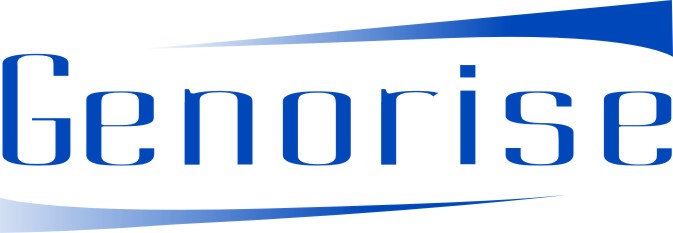






















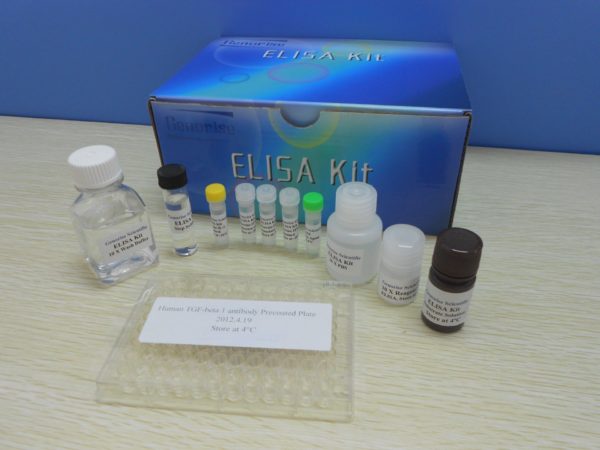
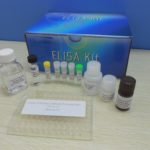

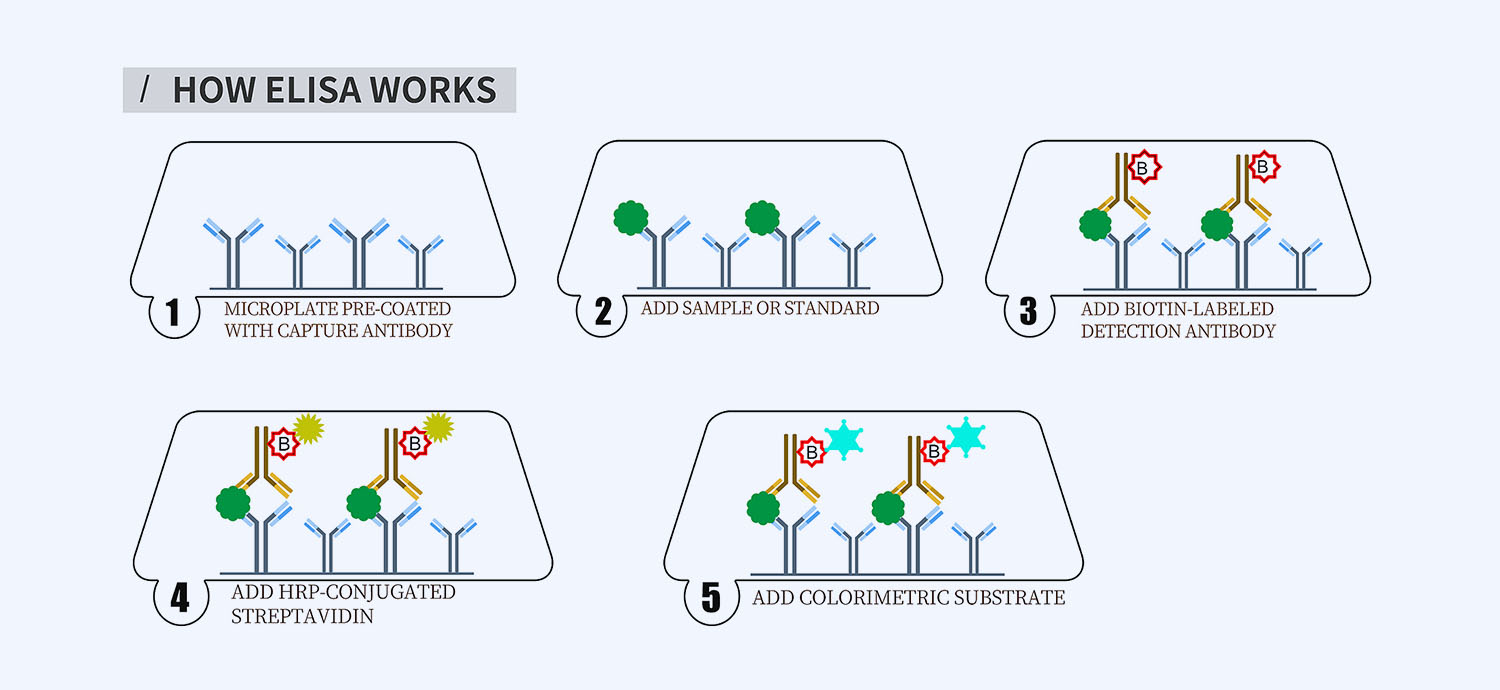
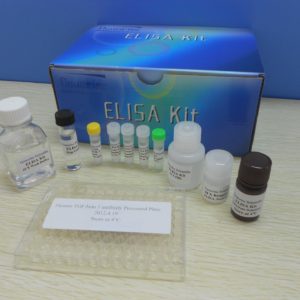
Reviews
There are no reviews yet.